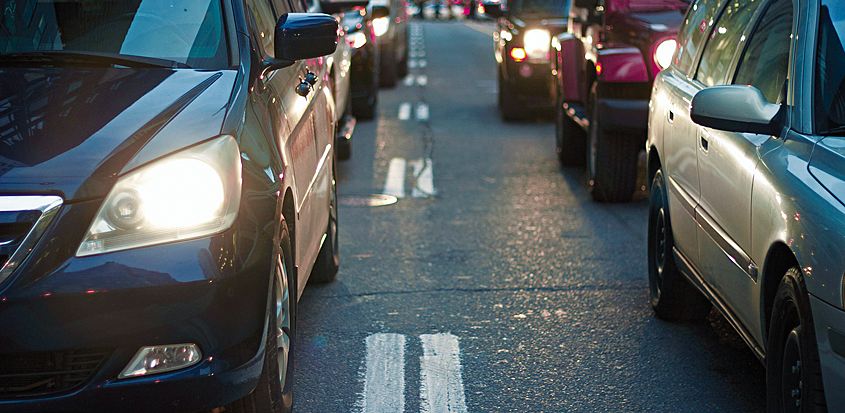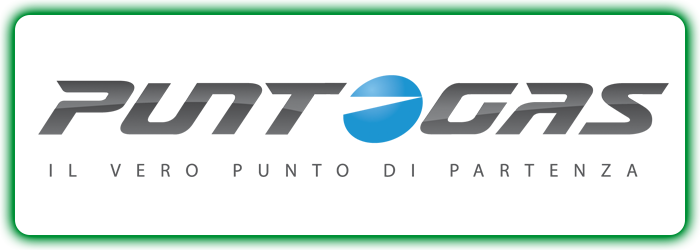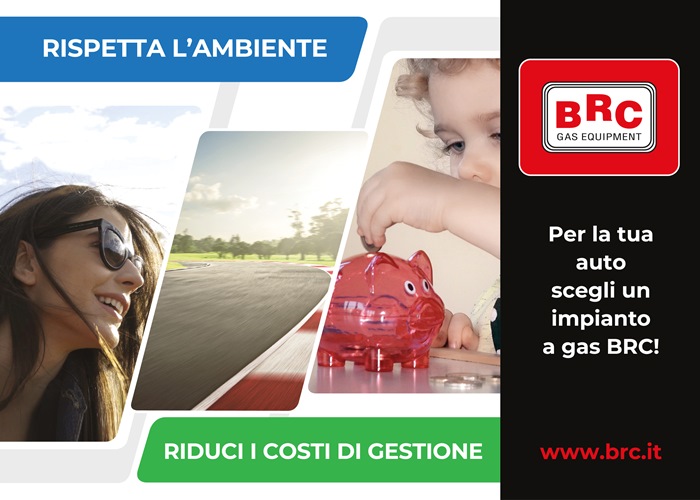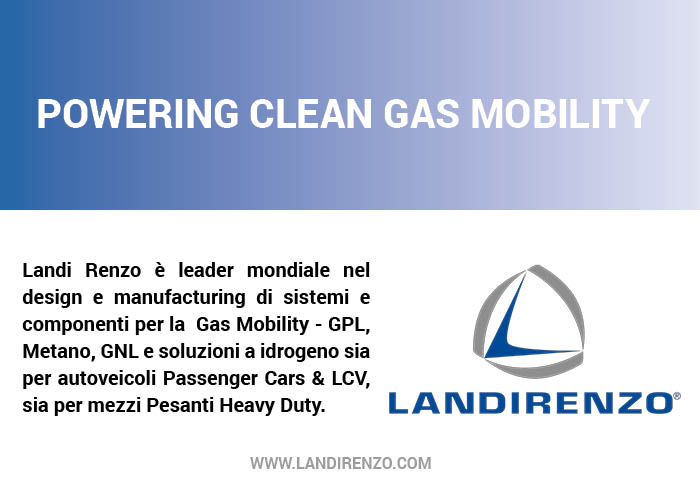By tampering with the tests of 11 million vehicles, Volkswagen is responsible for almost a million tons of smog a year (equal to the total of polluting emissions in Great Britain produced by automobiles, industry and agriculture).
The cheating Volkswagens sold in the U.S. are charged with emitting between 10,000 and 41,000 tons of nitrogen oxide in the air every year (calculated on the average mileage of a car in the U.S.) If they had complied with the limits the value would have dropped to about 1,000 tons per year. These estimates were published by the British “Guardian”.
https://ecomobile.it/index.php/en/news/151-ambiente-en/934-lpg-and-cng-the-most-clean-fuels#sigProId64c00f9b4f
“The Economist” was also harshly critical and on 26 September wrote that the scandal could highlight the difficulty of diesel vehicles to comply with emissions standards. Diesel has always been a particularly difficult fuel to handle, because of the NOx emissions but also for the particulate. This is an opinion shared by many, and there is plenty of research on the subject, to the extent that even the provisions of limitation on traffic take account of it. On the contrary, LPG and LNG can contribute greatly to reduction of the polluting emissions. According to the Green study “Economy and Vehicles: an Italian Way” published by the Foundation for Sustainable Development, “gas-fueled cars perform better than traditional cars with advanced standards: from 10 to 20% less CO2 with respect to a gasoline-fueled car, almost 80% less NOX and 40% less PM10 with respect to a Euro 6 diesel car.” Even Anfia has stressed the importance of the existence in Italy of an alternative direction in the development of sustainable mobility, based on the strong spread of LPG and LNG technologies, also thanks to an excellent domestic production sector and recognized leadership worldwide.
We should also consider the contribution of biofuels. Among other things, it has already been decided that from 2018 diesel fuel mixed with advanced biofuels obtained from raw waste material. or non-food waste like algae. The quota to be used will be 1.2% in 2018 and 2019, 1.6% in 2020 e 2021 and 2% in 2022.
BLOG COMMENTS POWERED BY DISQUS





















